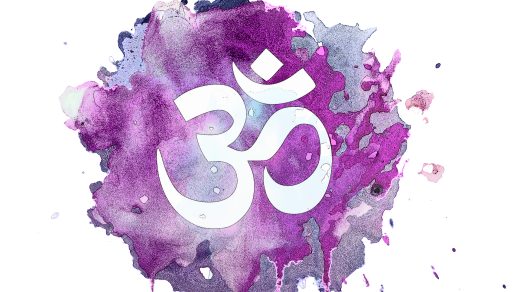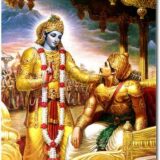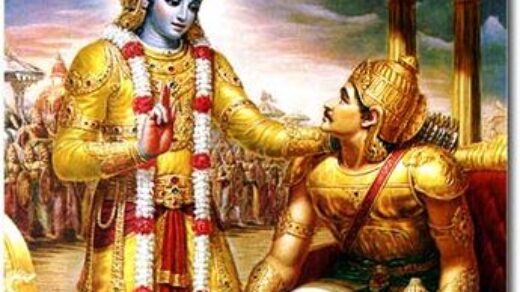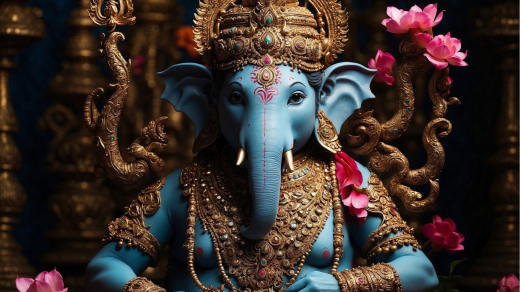What is the significance of Utpana Ekadashi
Utpanna Ekadashi, also known as Utpatti Ekadashi, is a significant Hindu fasting day dedicated to Lord Vishnu. Observed on the Krishna Paksha Ekadashi (11th day of the waning moon phase) in the month of Margashirsha (as per the lunar calendar), it marks the origin of the Ekadashi fasting tradition.
Mythological Significance:
The day commemorates the victory of Lord Vishnu in his form as Ekadashi Devi, who is believed to have emerged from his divine energy to defeat the demon Mura. According to legend:
- The demon Mura terrorized the gods and sought to challenge Lord Vishnu.
- During the battle, Lord Vishnu rested in a cave.
- Mura tried to attack the sleeping Vishnu, but from Vishnu’s divine energy, a female power, Ekadashi Devi, manifested and destroyed Mura.
- Pleased with her devotion and courage, Vishnu granted her the boon that those observing a fast on Ekadashi would be freed from sins and attain liberation.
Rituals and Observance:
- Fasting: Devotees observe a strict fast, which may be nirjala (without water) or phalahar (consuming only fruits and milk).
- Puja: Devotees worship Lord Vishnu by offering flowers, fruits, and performing an aarti.
- Bhajans and Kirtans: Chanting Vishnu’s names and singing devotional songs are integral parts of the day.
- Reading Scriptures: Recitation of the Vishnu Purana or stories related to Ekadashi Devi is common.
- Breaking the Fast: The fast is broken the next day, on Dwadashi, after performing the morning rituals.
Spiritual Benefits:
- Observing Utpanna Ekadashi is believed to cleanse one of past sins.
- It brings spiritual growth, mental clarity, and prepares the devotee for moksha (liberation).
This Ekadashi is particularly significant as it is considered the first of all Ekadashis, symbolizing the power of devotion and righteousness.

















